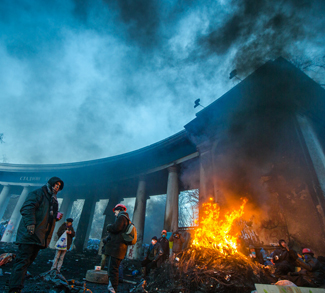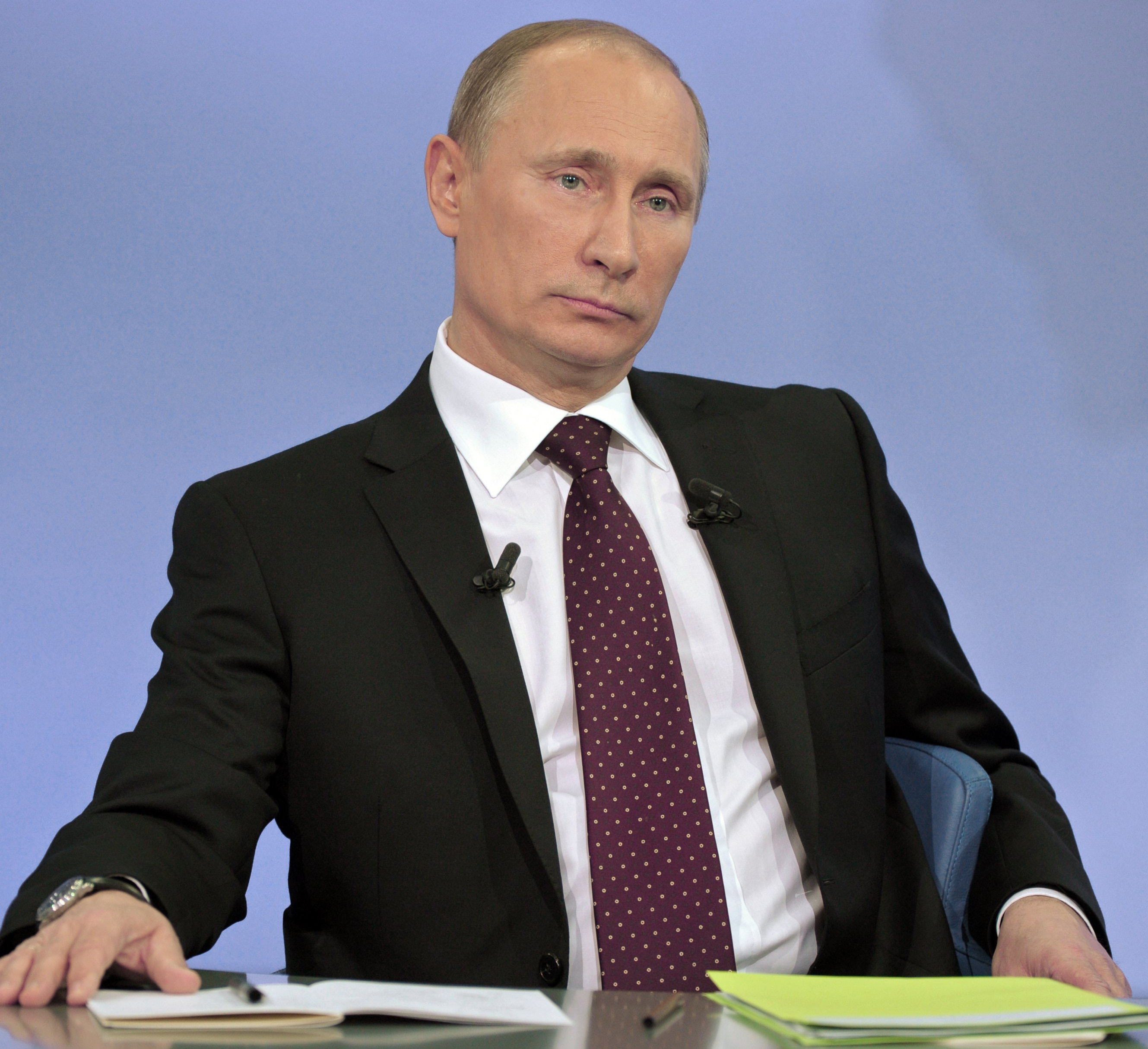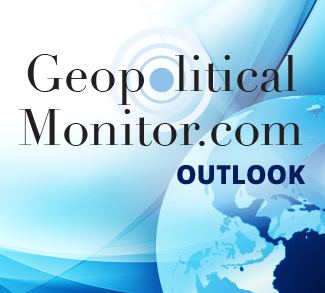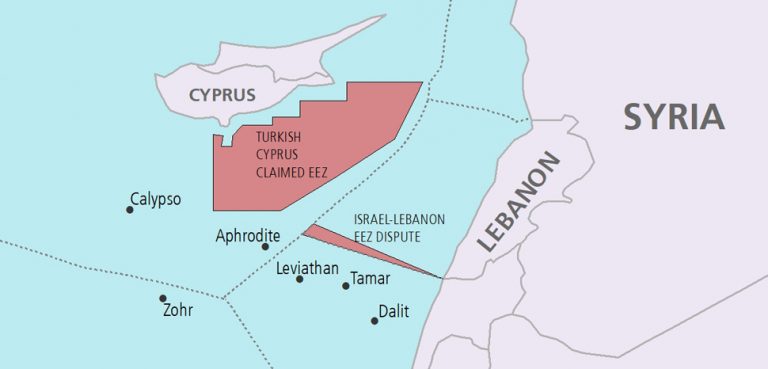The top question for the current Ukrainian government is undoubtedly the location and intention of former President Yanukovych. At the time of writing his location is unknown, but he has reportedly described his removal from power as a “coup,” and as of Monday evening a warrant has officially been issued for his arrest.
Yanukovych’s Options: Crimea or Kharkov
One possibility that Yanukovych may consider is to take refuge in the Autonomous Republic of Crimea, which forms the government of the peninsula that shares its name. The region presents a number of advantages for a future attempt to regain power or, alternatively, forge a secessionist movement.
Crimea’s autonomous status dates back to the post-Soviet period where, briefly, a fully independent Crimean state was declared on the peninsula. The Ukrainian government refused to recognize the independence of the state and, in subsequent negotiations, the Crimean parliament rescinded the claim, though they nevertheless succeeded in gaining a number of freedoms from the central government in Kiev.
In addition to this, Crimea is home to the city of Sevastopol, where the Ukrainian Navy and Russian Black Sea Fleet are based. It’s a predominantly Russian-speaking region, and the Crimean prime minister is a member of Yanukovych’s Party of Regions.
The Crimean government has been openly critical of the protest movement in Kiev, even going so far as to hold high-level consultations with the Russian Security Council according to some reports. There are also rumblings of militias being set up under the auspices of local councils.
Another option is Kharkov Oblast. The city of Kharkov is Ukraine’s second largest after Kiev, and it is a major economic, industrial, and educational hub. Kharkov’s governor, Mikhail Dobkin, ordered the recall of Berkut forces from Kiev on February 20 and gave local authorities the power to set up militias. The regional government is also making preparations to take over the functions of the central government if required.
Kharkov also has a large Russian-speaking population and, perhaps more critically, Viktor Yanukovych was originally scheduled to be in the city for a meeting of deputies organized by the Ukrainian Front. However, the Kharkov airport has denied his plane landed there.
Either of these regions would provide a base of support for Yanukovych and present formidable hurdles to consolidating central control should the locals decide that the new government in Kiev is, as Yanukovych claims, illegal. In the case of Crimea, Kiev would have to tread particularly carefully or risk stark international consequences.
The Russia Factor
Both of the above scenarios would serve Russian interests in the region very well. In particular, an independent Crimea could be relied on to protect the Black Sea Fleet, as opposed to the pro-NATO government in Kiev at present (and would be easier to assert influence over than Ukraine as a whole). And the Kharkov region’s industrial wealth would allow for trade with Russia to continue mostly uninterrupted.
The loss of one or both regions would also weaken the remaining Ukrainian state, as Ukraine relies on trade with Russia for roughly one fifth of its GDP. Naturally, this would put the Kiev government in an even weaker position with regards to future negotiations with the Russian government.
However, these scenarios are not without significant risks. As the influential Izborsk Club pointed out in a recent memo on the Ukrainian crisis, conflict with NATO must be avoided at all costs. The rise of Russia-sponsored secessionist enclaves in Ukrainian territory ala Georgia and Moldova would fuel suspicions that Russia is not a sincere actor in matters of Ukrainian stability, leading to possible conflict.
Furthermore, Ukrainian economic stability is already in shambles, and should it come to civil war, regardless of how rich the Crimea and Kharkov are, they would likely require Russian economic and political support to prevail in any conflict.
Yet it is not clear whether Russia could fully commit to such an endeavor. Between the extravagant cost of the Sochi Games, the modernization of the Russian military, and the ongoing failure to transition from a resource-exporting to industrial and commercial market economy, Russia’s economic position is itself somewhat precarious. Russia has also invested heavily in attempting to prop up the Ukrainian economy, with little to show for its efforts. A conflict would also involve large amounts of refugees attempting to cross the Russian border and thus risk a potential destabilization of Russia proper.
The US and European Perspective
Things do not look much better for US and European attempts to influence the Ukrainian state in the near future, either. Outside interference in the protest movement has created perverse incentives for the Ukrainian state and politicians to show their independence by refusing to cooperate with those countries.
Beyond that, the financial woes of Ukraine will require significant investment to overcome. The problem with the original EU offer was that it could not possibly offset the imposition of Russian sanctions to make it worthwhile for Yanukovych to sign the treaty. It seems unlikely that the US and EU are now willing to provide more cash. And even if the money was forthcoming, it would come with strings attached in regards to spending, doubtlessly including certain anti-corruption caveats that would make the deal unattractive to Ukraine’s oligarchical class.
As has been pointed out many times before, financial crises become political crises because governments find themselves unable to “pay off” important factions and individuals, and in Ukraine there is no more important faction than the oligarchical class.
Such a financial outflow would also be politically unacceptable within the EU itself, given the ongoing political fallout from the Greek sovereign debt crisis. Bailing out a non-EU state with European funds would be highly contentious, especially in Germany.
Furthermore, despite the weakened state of Russian finances, Russia is geographically and linguistically much closer to Ukraine, and its trade is far more vital to the health of the national economy than anything the EU or USA has to offer. As such, they cannot expect merely to become Ukraine’s major power patrons, taking over from Russia. Russia will always be a significant influence on Ukrainian society, and this state of affairs must be accepted by the US and European governments to proceed in a constructive manner. No permanent settlement can be secured without Russian interests being considered.
Conclusion
Much depends on how Ukrainian politicians decide to respond to the crisis. Despite the low-level animosity that exists between Russia and NATO, both sides recognize that a civil war in Ukraine is not in anyone’s best interests. Thus, both sides must prevail upon Ukrainian politicians to engage in a dialogue rather than undertaking rash actions that risk a military conflict.
This article is the second in a series. For the first piece, entitled ‘A Fragile Calm,’ please click here.




